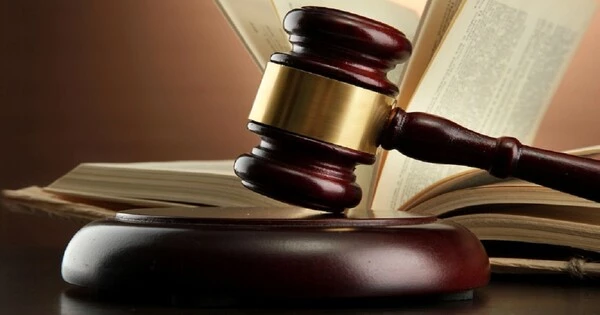Legal awareness, also known as public legal education or legal literacy, is the empowerment of individuals regarding legal issues. It refers to an individual’s, a community’s, or a society’s understanding and knowledge of their rights, responsibilities, and legal system. Legal awareness promotes legal culture awareness, participation in the formation of laws, and the rule of law. It entails learning about the various laws, regulations, and legal procedures that govern society.
People who are aware of the law are better able to make informed decisions, seek justice, and advocate for their rights. Public legal education, also known as civics education, is a set of activities designed to raise public awareness and skills about the law and the justice system. This term also refers to the fields of practice and study concerned with those activities, as well as a social and professional movement advocating increased societal commitment to legal education.
Key aspects of legal awareness include:
- Understanding Rights and Obligations: Legal awareness helps individuals understand their fundamental rights and obligations as citizens. This includes knowing about civil rights, human rights, labor rights, consumer rights, and more.
- Knowledge of Laws: Being legally aware means having knowledge of various laws, whether they are related to criminal offenses, civil matters, family issues, business regulations, or environmental protection. This knowledge helps people navigate legal complexities and make informed choices.
- Access to Justice: Legal awareness encourages individuals to access the justice system when their rights are violated or they face legal disputes. Understanding the legal process empowers people to seek remedies and solutions through the appropriate channels.
- Preventing Exploitation: When people are aware of their legal rights and protections, they are less likely to be exploited or taken advantage of by others, including employers, landlords, or businesses.
- Promoting Social Justice: Legal awareness can promote social justice by raising awareness about discriminatory practices and advocating for equality and fairness in society.
Various organizations, non-governmental organizations (NGOs), and governments promote legal awareness through workshops, legal aid programs, public awareness campaigns, and educational initiatives. The goal is to ensure that individuals have the knowledge and resources they need to exercise their rights and meaningfully participate in the legal system.
According to Anna-Marie Marshall, “in order to realize their rights, people must take the initiative to articulate them. This initiative, in turn, is dependent on the availability and relevance of legal schema to problem-solvers. This is because laws exist as part of a larger organizational ecosystem in which the interests of both the organization and the actors are inextricably linked to how they are enacted.”
















